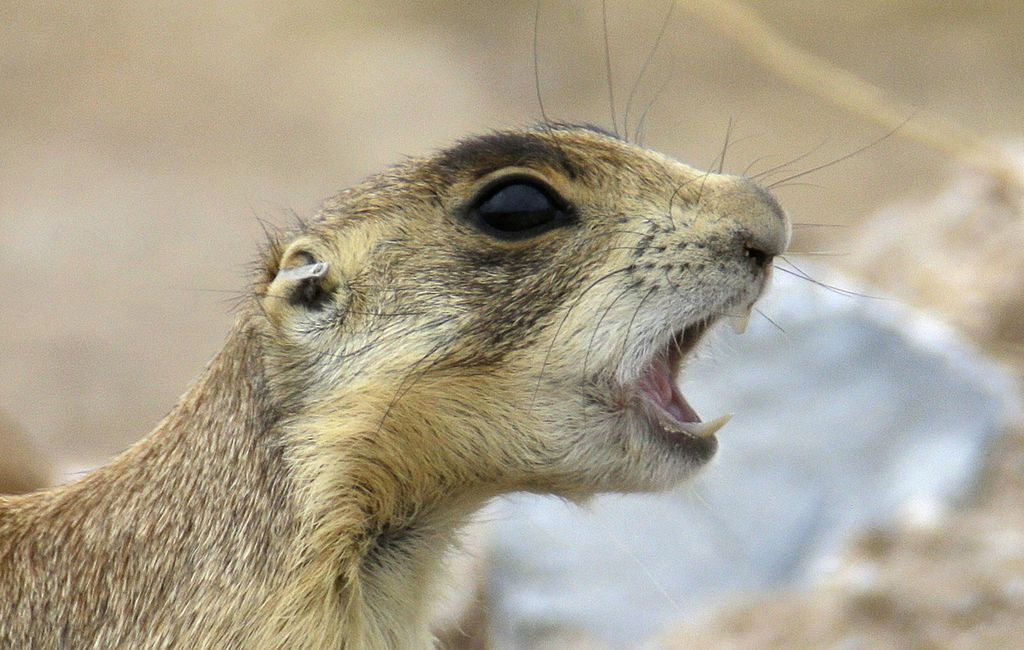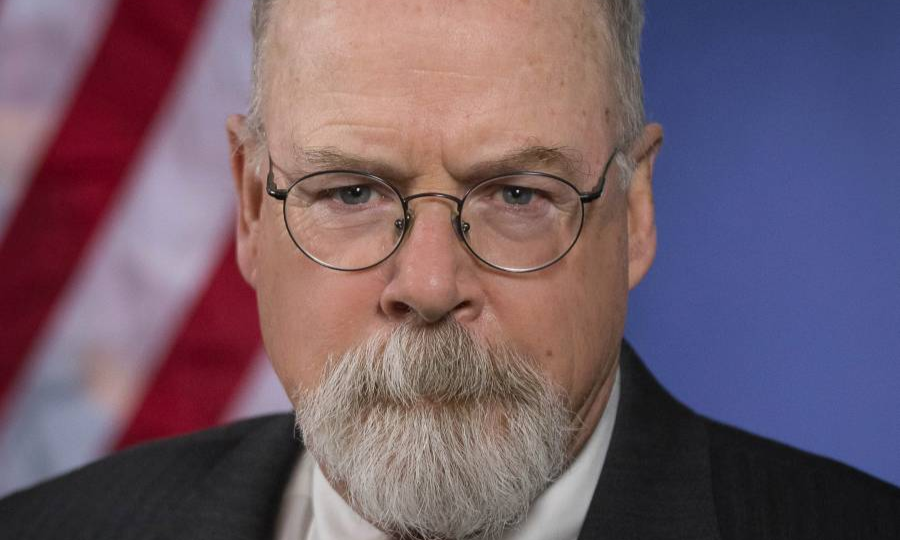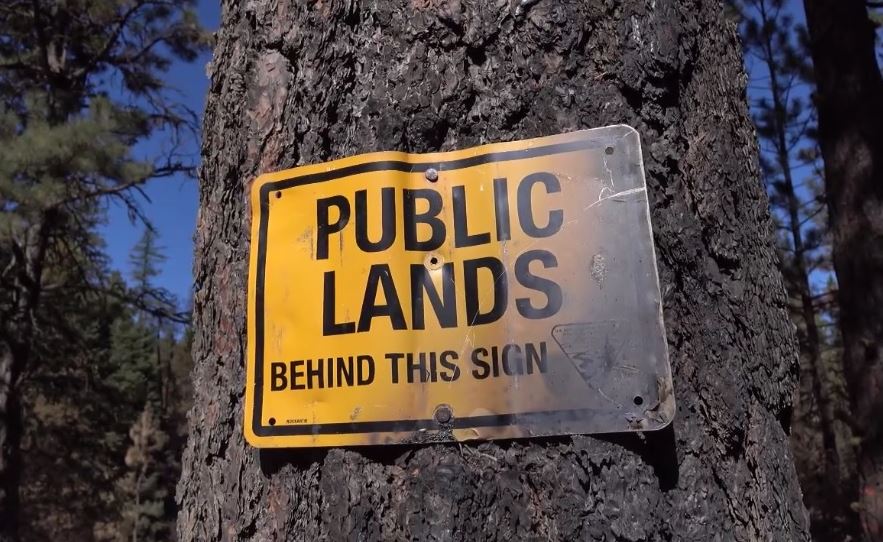Jonathan Wood: Threatened rule improves incentives to recover endangered species
Biden administration considering rules that would make it more difficult to protect prairie dogs and other species.

Jonathan Wood
Salt Lake Tribune
Several years ago, visitors to southwestern Utah would encounter unusual old-west style “wanted” posters. Instead of a bandit, the “villain” in this poster was the Utah prairie dog, a species whose status and regulation under the federal Endangered Species Act had been a source of frustration and conflict for decades.
Unfortunately, a June 4th announcement from the U.S. Fish and Wildlife Service suggests that such conflicts will soon return to communities across the country, to the detriment of states, landowners and endangered species. The agency stated that it will undo every Endangered Species Act reform completed by the prior administration, including a rule that tailors protections for threatened species.
If finalized, repealing this threatened species rule would be a significant step backward for federal-state cooperation and species recovery.
Once endangered, the Utah prairie dog population gradually recovered from a low of about 3,000 in 1972 to approximately 84,000 in 2016. As the population rebounded, federal regulation of the species paradoxically became stricter, in effect penalizing the state, communities and landowners for contributing to the species’ recovery.
When a federal court held the federal regulation was unconstitutional in 2014, the state of Utah had an opportunity to try a different approach, one that relied on cooperation rather than conflict. Under Utah’s plan, state biologists worked with communities and landowners to address conflicts in residential areas or sensitive places like playgrounds, cemeteries and airports by relocating prairie dogs to public and private conservation lands. Under the federal regulation, such reasonable recovery efforts were illegal without costly and time-consuming federal approvals.
The population continued to increase at an impressive rate under state management — and on lands that could provide a permanent home — while conflict over the species receded.
In 2017, the state wildlife official who led Utah’s effort was selected to run the U.S. Fish and Wildlife Service, the federal agency behind this conflict. Under his management, the agency proposed a significant change to the way it regulates threatened species like the Utah prairie dog, with the goal of empowering other states, communities, and landowners to find similar win-win solutions.
Previously, the Fish and Wildlife Service treated all endangered and threatened species the same, even though threatened species face relatively remote risks compared to endangered species and the statute explicitly sets different approaches to regulating these categories. Decades of experience had shown the folly of this approach.
Read more at the Salt Lake Tribune by clicking HERE




Good for Biden. Get rid of all the prairie dogs is a good thing if possible LoL.